
News writer, Interviewer
The American lottery and the convenience store have been like roommates for decades – a marriage of convenience built on impulse buys and dreams of striking it rich. But with the rise of online lottery sales, this long-standing partnership is facing a test.
We are looking at the complex relationship between retailers and online lotteries, exploring the history, the benefits, and the brewing battle for lottery supremacy.
From barbershops to big profits
While the recent surge of online lottery sales might seem like a natural evolution, the story behind lottery tickets and convenience stores is a tale of two industries rising together.
Back in the 1960s and 70s, state lotteries were in their infancy. Shaking off a reputation tied to backroom deals and organized crime, they wanted to shed a shady reputation. Their solution? Selling tickets in everyday places – barbershops, union halls, even local shops. This strategy aimed to meet potential players where they already were, fostering a sense of normalcy and trust. Imagine grabbing a haircut and a chance to become a millionaire, all under one roof!
Fast forward a few decades, and the convenience store boom hit America. These stores, with their extended hours and grab-and-go mentality, were a perfect fit for the impulsive nature of lottery purchases. No longer did someone need to wait for their weekly grocery haul to try their luck at the Powerball. A quick stop for a drink or chips could now include a shot at life-changing riches.
This wasn't just a win for accessibility; it was a goldmine for both parties. Convenience stores now display lottery tickets prominently, catching the eye of customers waiting in line. The impulsive "what if?" nature of lottery purchases aligns perfectly with the convenience store model.
Studies show that 95% of lottery customers buy something extra while grabbing a ticket, boosting profits on higher-margin items like coffee and snacks. It's a win-win: wider reach and increased sales for lotteries, as well as extra foot traffic and impulse purchases for convenience stores.
The retailer's reward
The lottery industry is a multi-billion dollar machine, and convenience stores play a crucial role in keeping it running. While lottery tickets themselves only account for around 9% of a convenience store's annual revenue, they bring in more than just direct sales. Studies show a whopping 95% of lottery customers buy something extra while purchasing a ticket, often higher-margin items like coffee and pastries. Additionally, lottery players tend to spend more on average compared to non-lottery customers.
However, the financial benefits for retailers go beyond these everyday sales. States typically offer commissions of around 5% on every ticket sold, providing a steady income stream. The real windfall, however, comes in the form of bonuses for selling winning tickets. These bonuses can be life-changing for store owners, as seen in the case of Joe Chahayed, the California store owner who received a $1 million payout for selling the winning Powerball ticket in November 2022.
These bonus payouts vary greatly depending on state laws. Some states, like Pennsylvania, have a cap on how much a retailer can receive, while others, like Illinois, offer a tiered system based on the winning ticket amount. This can create a lottery within the lottery, with store owners hoping to be the lucky location where a winning ticket is sold.
Illinois: A case study in retailer rewards
The Illinois Lottery provides a clear example of how lotteries incentivize retailers. Their website proudly proclaims the benefits of becoming a lottery retailer, highlighting not only the 5% commission on sales but also bonuses for winning tickets and even investments in new equipment to streamline the lottery-buying process.
Can retailers survive online lottery sales?
The once unshakeable relationship between convenience stores and lotteries is facing a new challenge: online sales. While brick-and-mortar stores have enjoyed decades of booming lottery sales, the rise of online options threatens to disrupt this well-oiled machine.
The Massachusetts example
Retailers in Massachusetts are fiercely lobbying against the inclusion of online lotteries in the state budget. They argue that online sales will cannibalize foot traffic, especially for impulse purchases like lottery tickets. Retailers point out that, unlike some other state lotteries, the Massachusetts Lottery relies on a network of privately owned stores – not state-run outlets – to sell lottery tickets. They fear the state, with its deeper pockets and wider reach, will directly compete against them, jeopardizing their bottom line.
Meeting players where they are
Proponents of online sales counter that consumer habits are changing. People are increasingly comfortable managing finances and making purchases online, and lotteries need to adapt. They point to states like Pennsylvania, where online sales have seen significant growth without harming retail sales. Their view is that online convenience is a major factor, and lotteries need to be where players are – which increasingly means the digital world.
The debate hinges on the impact of online sales on physical retailers. Here's where data offers some insights:
- Retailer reliance on lottery sales: Opponents of online sales highlight the crucial role lottery sales play in boosting foot traffic and overall revenue for convenience stores. Studies show that lottery players tend to spend more than non-lottery customers, and a significant portion (around 95%) buy additional items while purchasing tickets.
- “Control State": Retailers argue that data presented by proponents of online sales often comes from "control states" where the state itself runs the lottery. This doesn't translate well to "open states" like Massachusetts, where private stores are the backbone of the lottery sales network.
- Online growth doesn't necessarily mean retail decline: Supporters of online sales point to states like Pennsylvania, where online sales have grown significantly without hurting retail sales.
This suggests that online sales might create a new market segment and not necessarily cannibalize existing customers.
A multi-channel approach?
Can convenience stores adapt and find ways to coexist with online options? Perhaps they can leverage their physical presence by offering exclusive promotions or in-store perks for online lottery users. Ultimately, the key will be to find ways to add value beyond just physical ticket sales.
The battle lines are drawn: tradition versus convenience. The coming years will reveal whether convenience stores can find a way to thrive in a world where lottery tickets are just a click away.
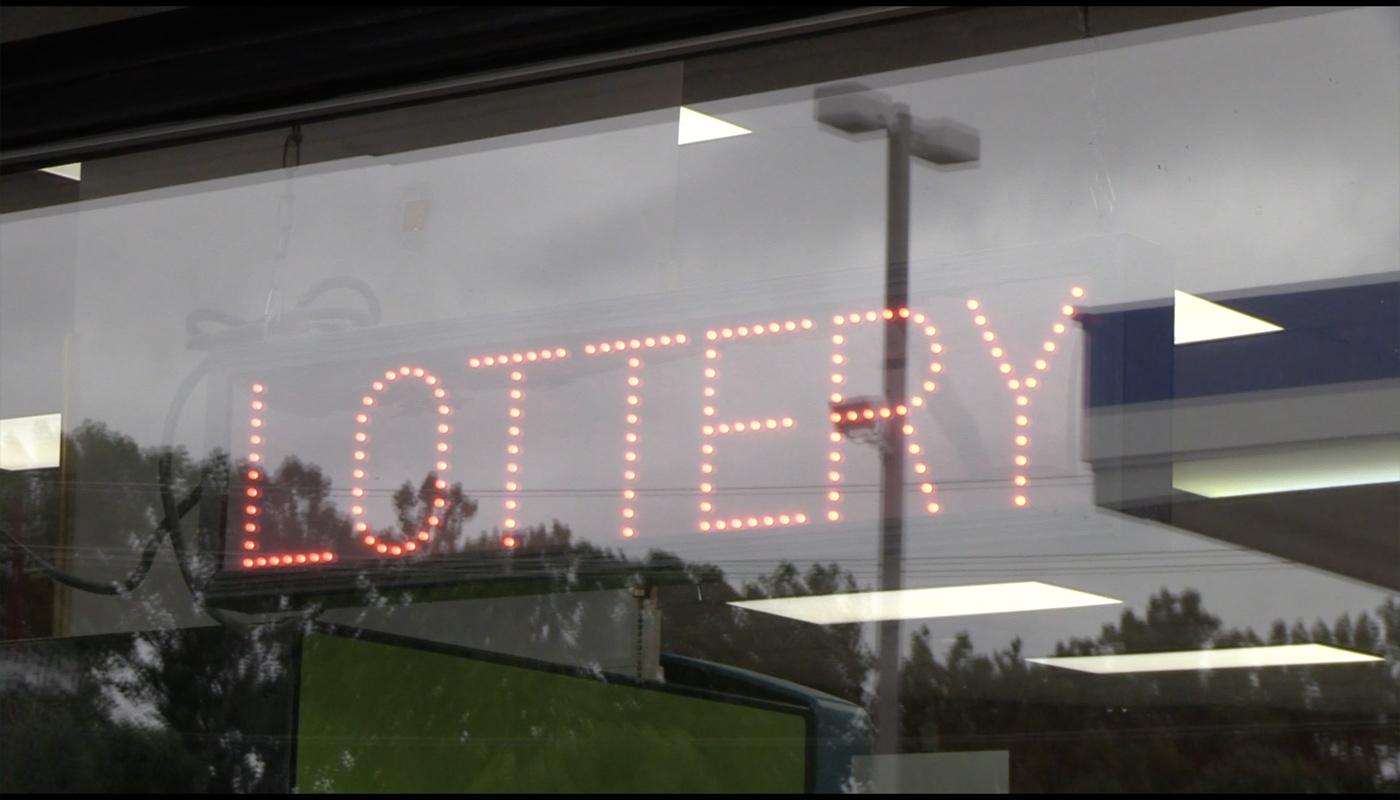
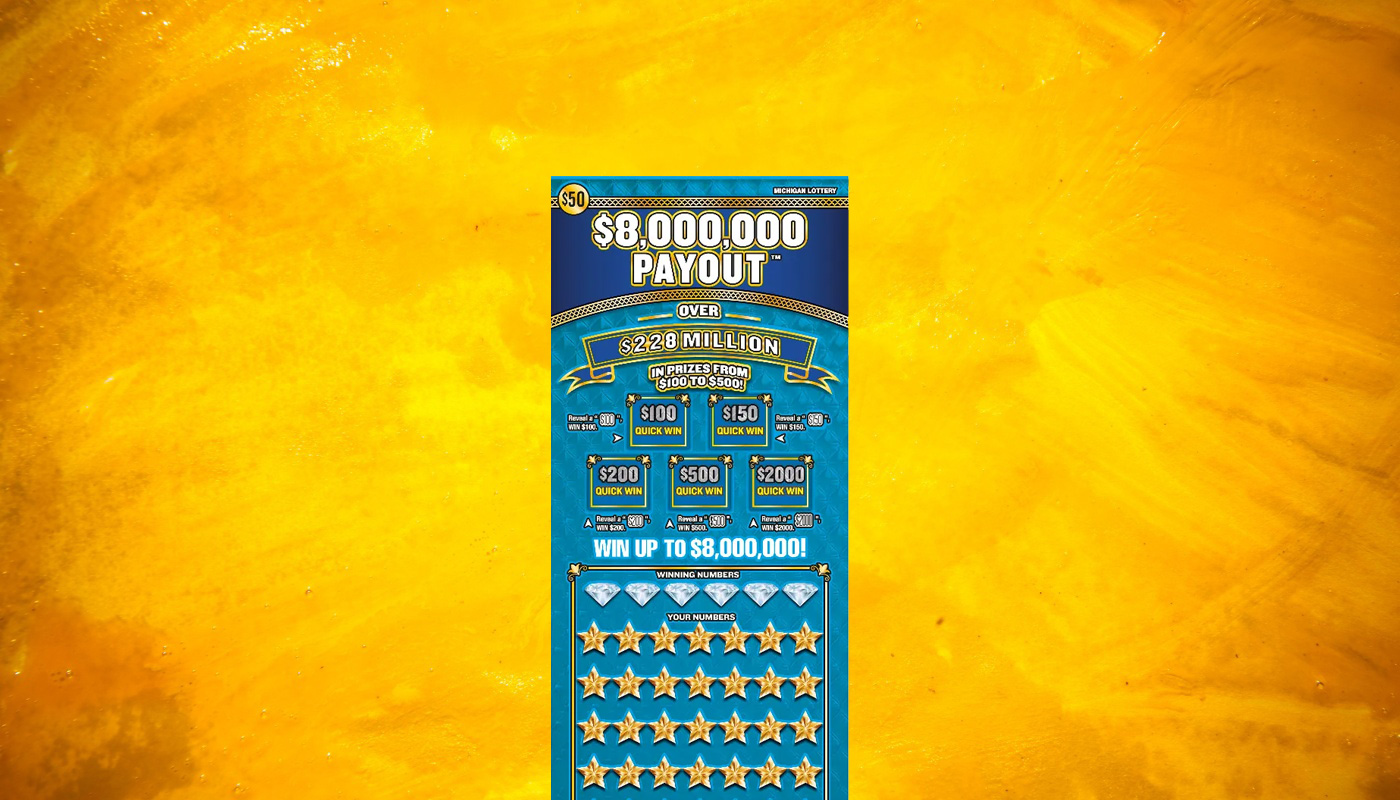
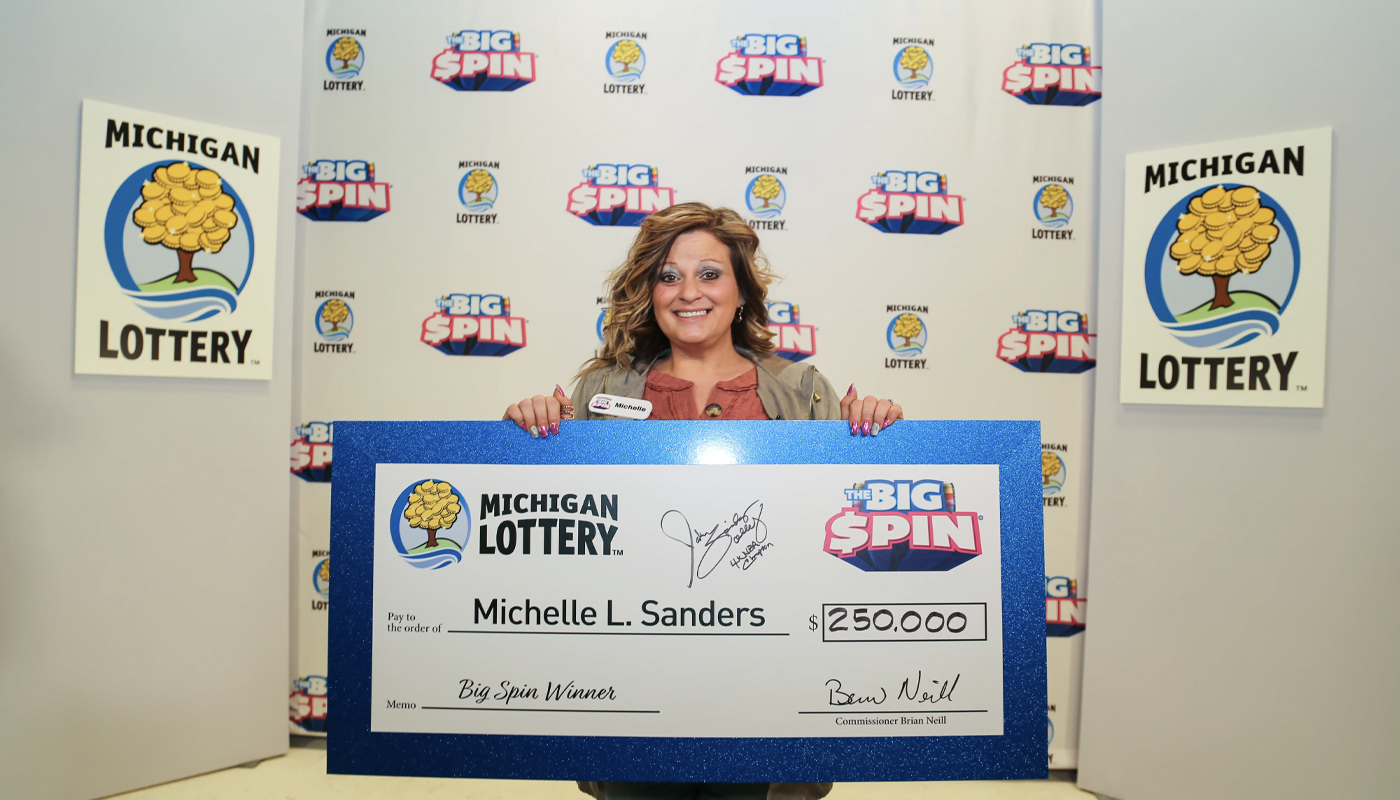

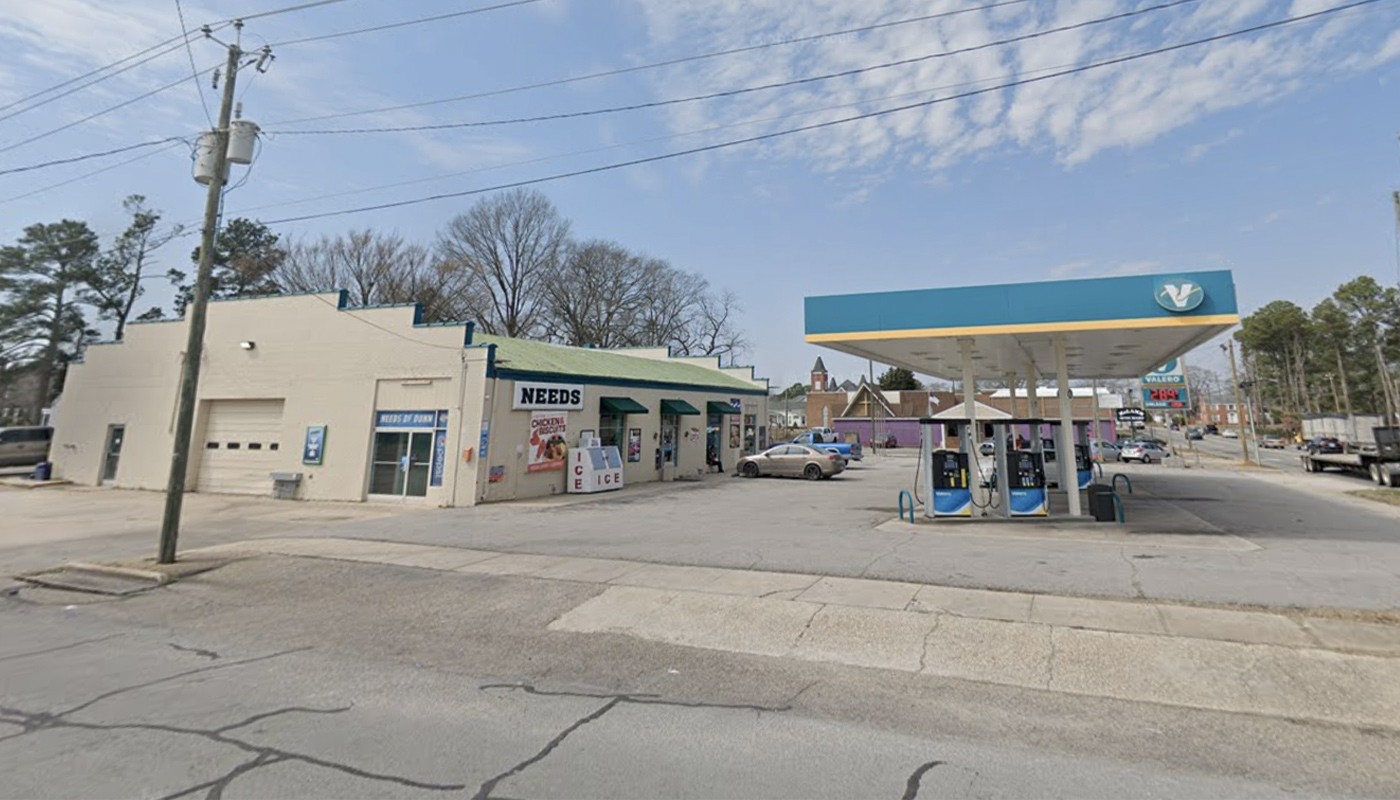

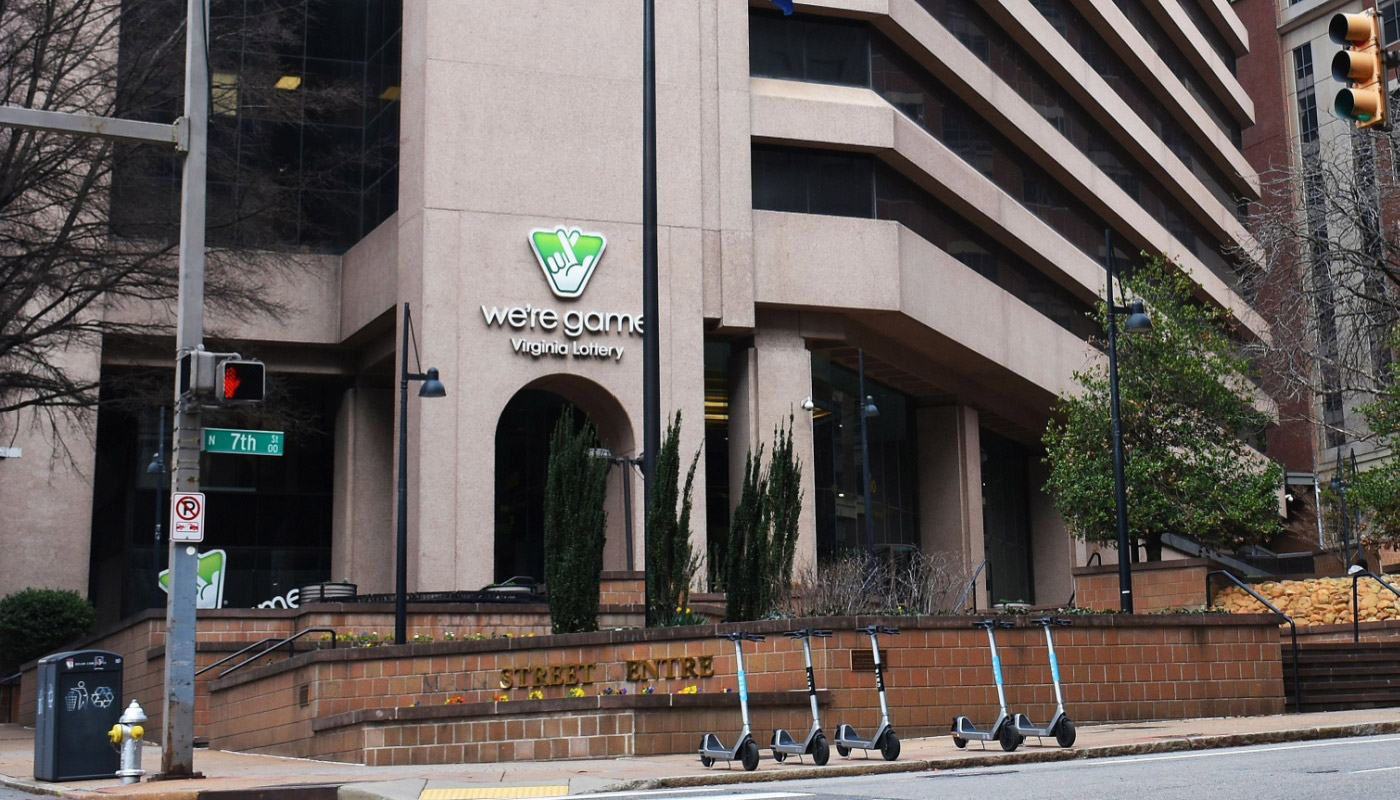


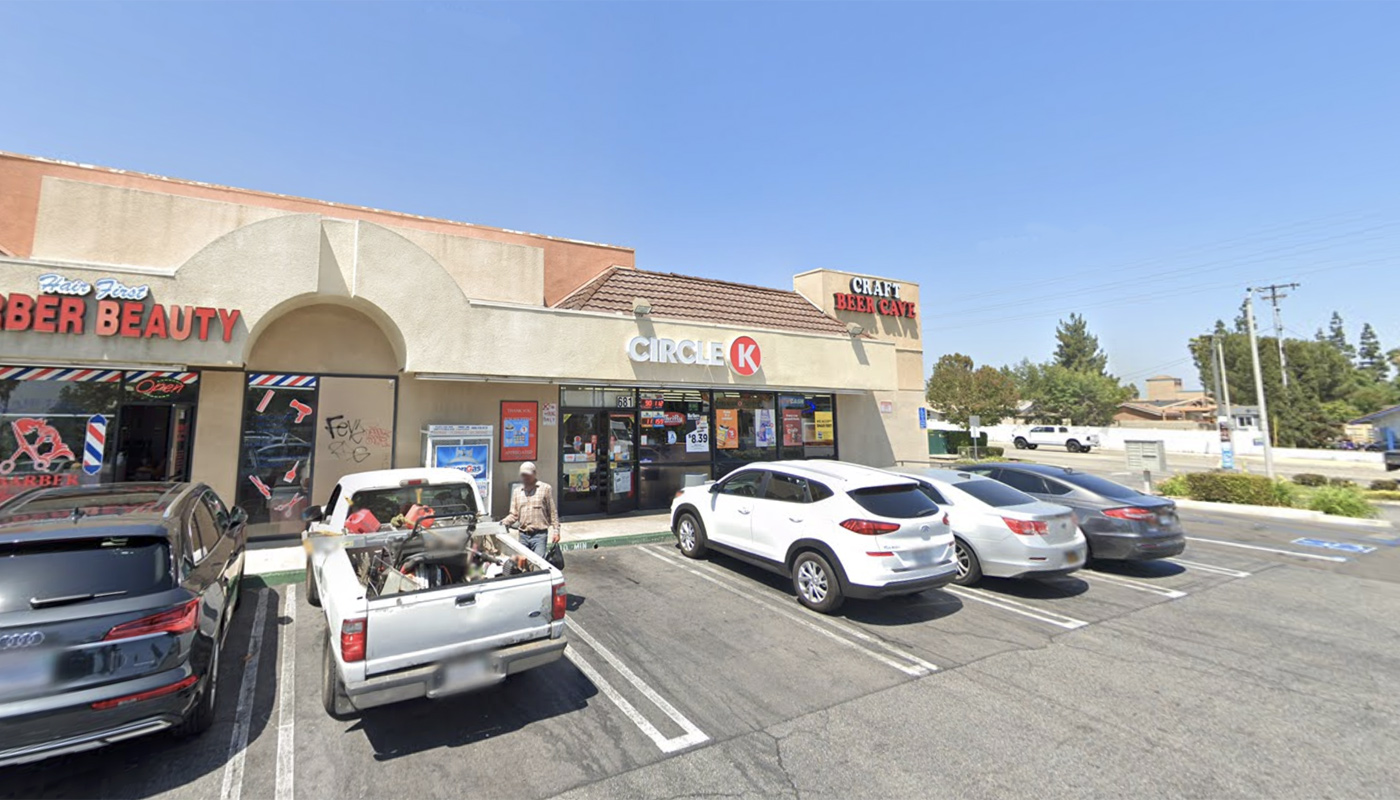









Comments